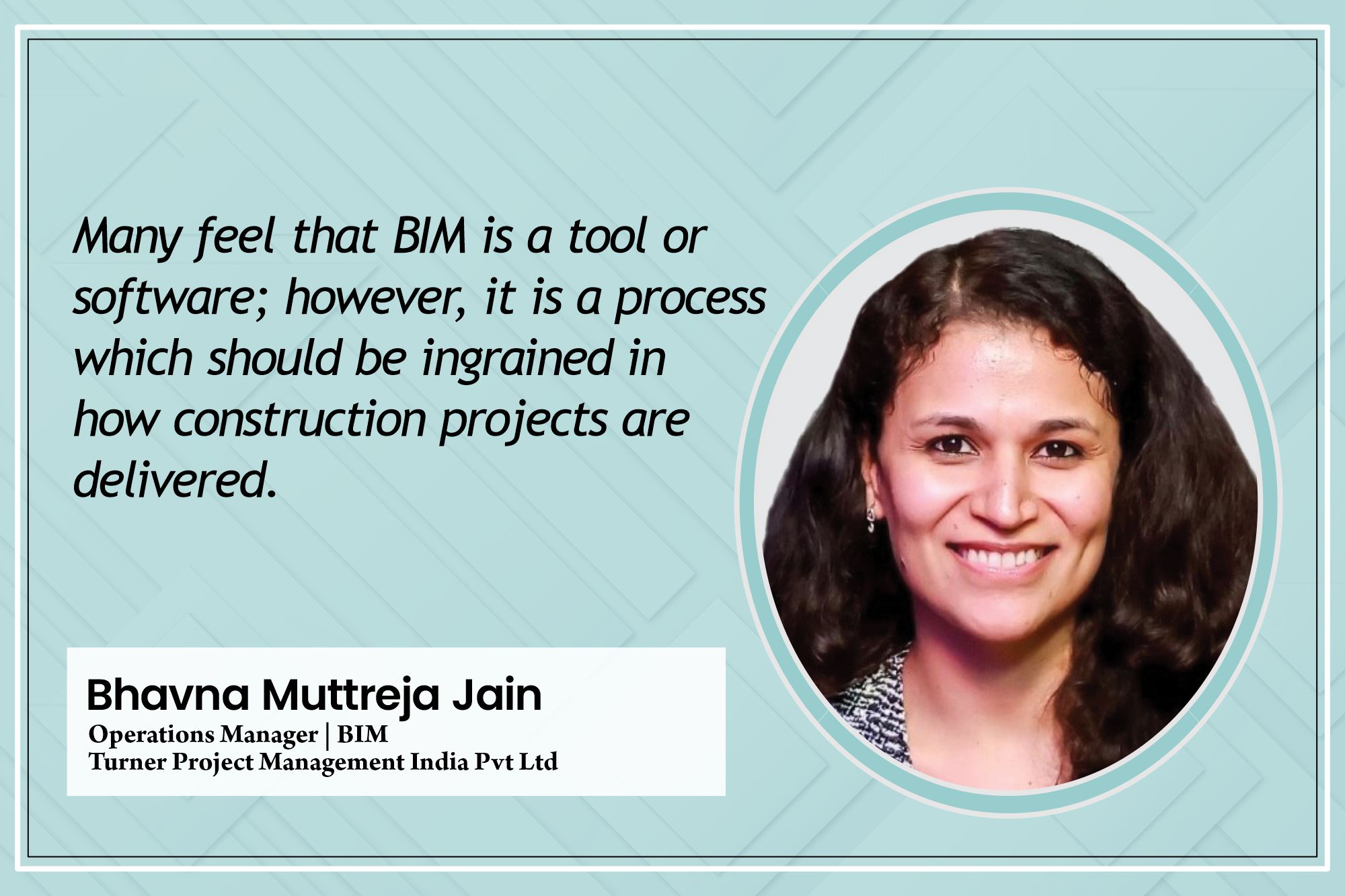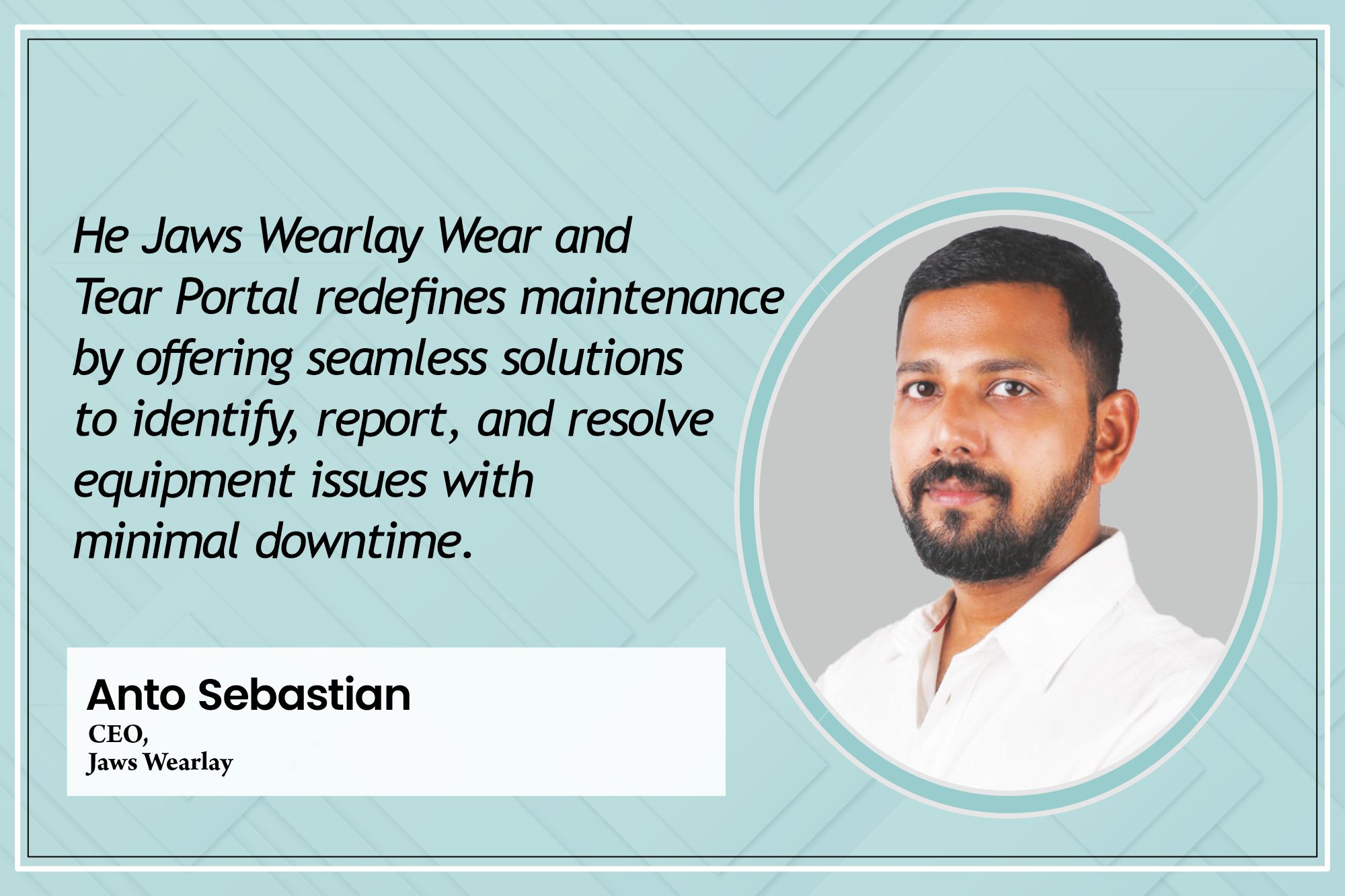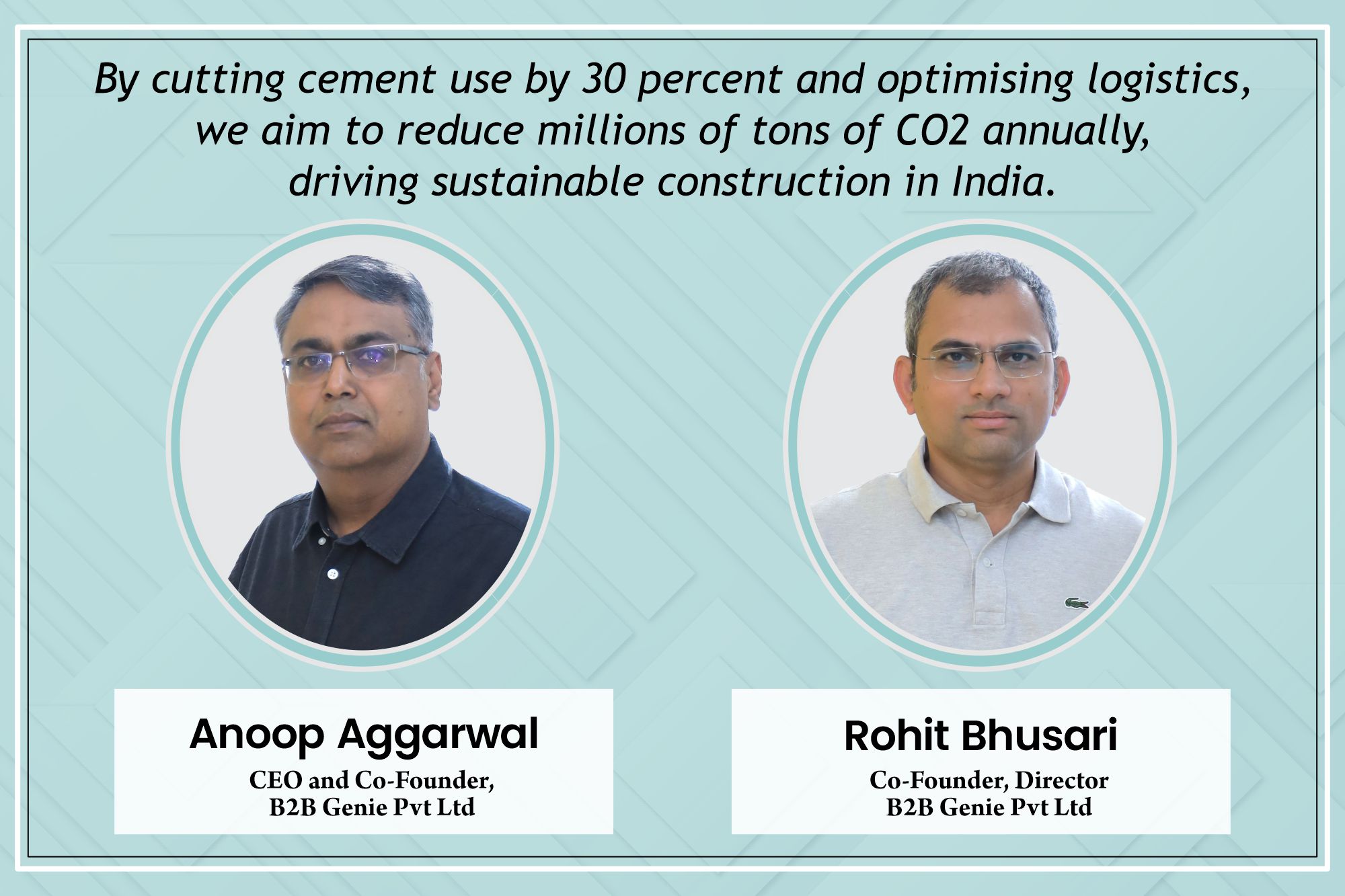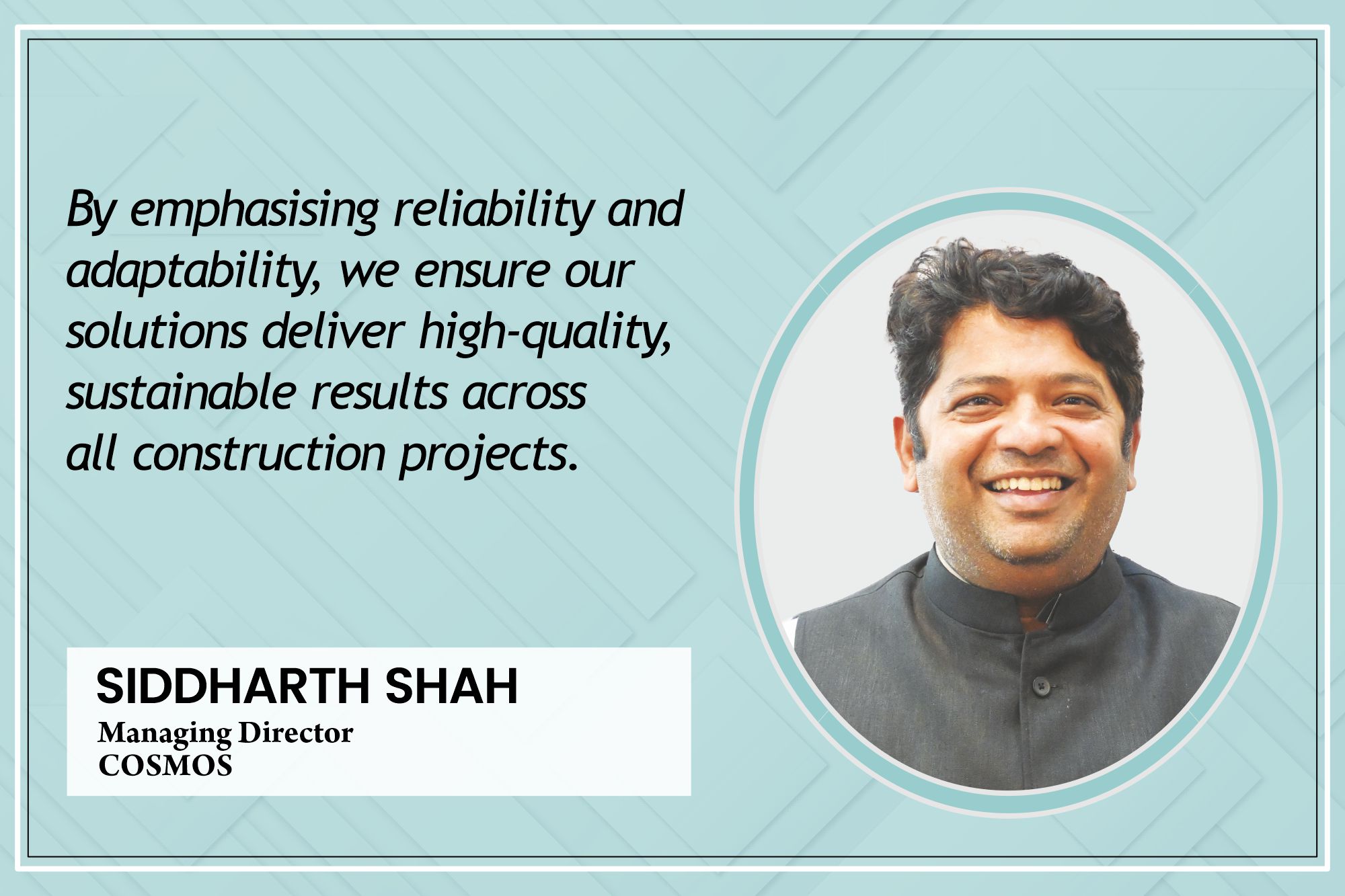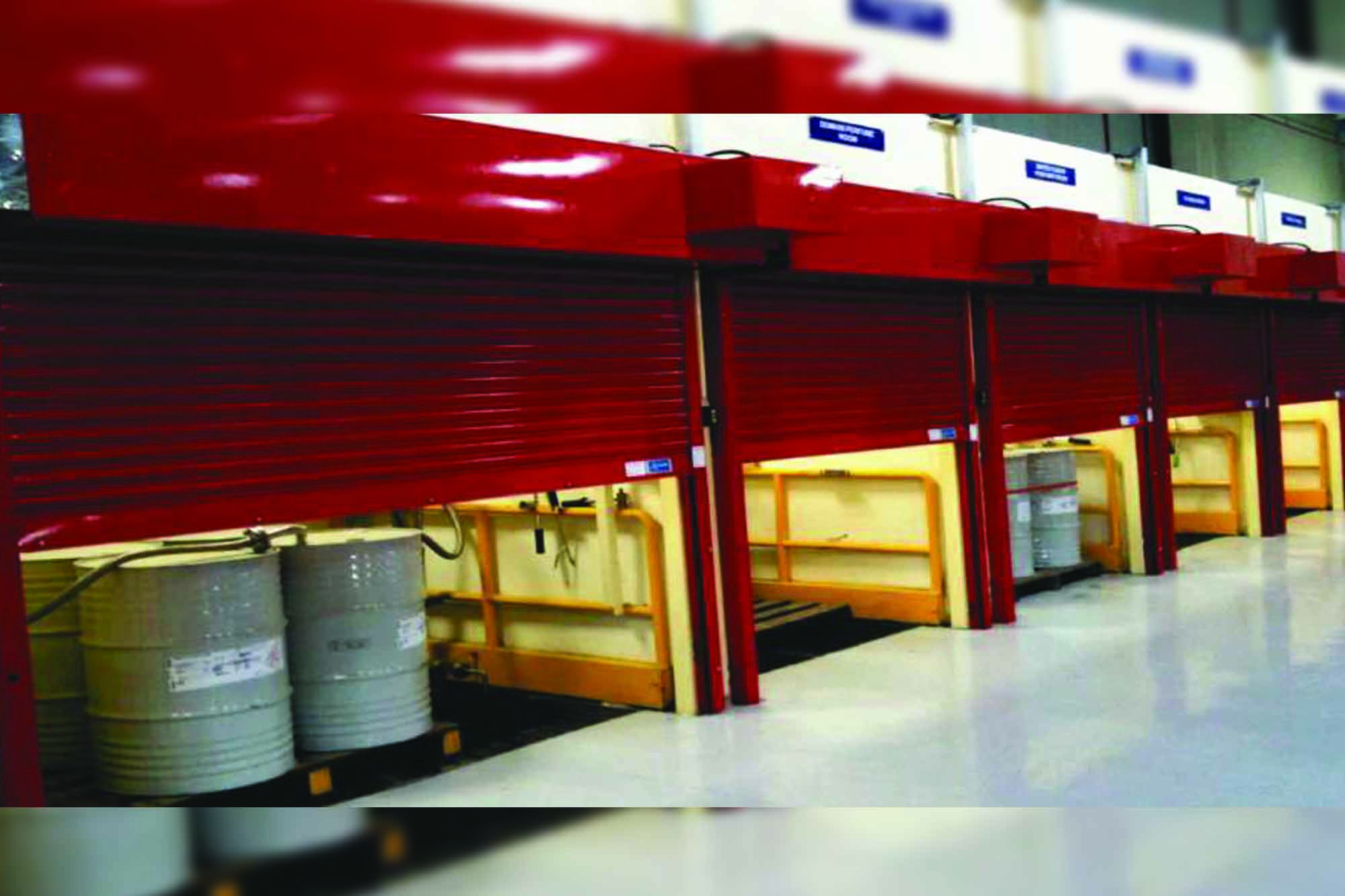Collaboration with HCR, China Railway Machinery enhances our capacity to cater to a broad market
By Edit Team | October 12, 2023 3:26 pm SHARE
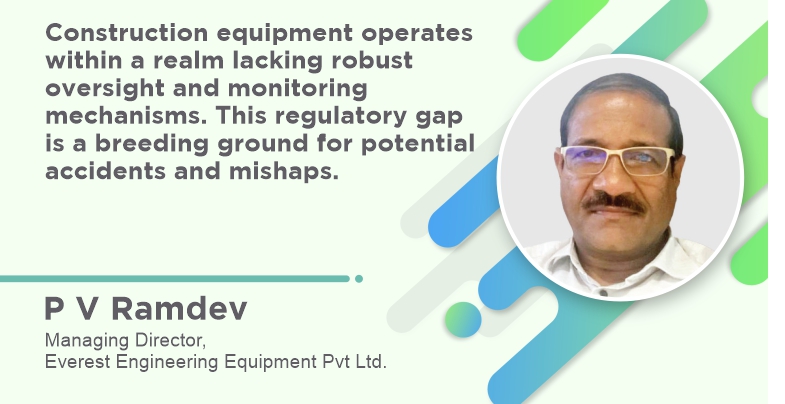
Construction equipment operates within a realm lacking robust oversight and monitoring mechanisms. This regulatory gap is a breeding ground for potential accidents and mishaps.
P V Ramdev, Managing Director of Everest Engineering Equipment, highlights the vital role of regulatory reforms in shaping India’s construction industry and promoting high-quality equipment for both domestic and international markets in an exclusive interview.
How is your company strategically positioned to leverage the ongoing expansion in India’s infrastructure equipment industry?
We specialise in infrastructure equipment, emphasising vital machinery, including launching gantries, straddle carriers, and multi-axle transporters. These advanced equipment are integral to constructing key infrastructure projects such as Metro Bridges and high-speed railways.
India’s infrastructure equipment industry is experiencing impressive growth—a trend expected to continue for at least the next decade or longer. This ongoing expansion highlights the immense opportunities and potential for further development within this sector in the Indian market.
How do you plan to scale its operations and fleet to accommodate the burgeoning demand in India’s construction equipment rental market?
India’s construction sector is undergoing a significant uptick in operations, fuelling an escalated demand for construction machinery anticipated to persist for the forthcoming 15 years. A noteworthy development in this domain is the escalating inclination towards leasing equipment instead of outright purchases. Recognizing this trend, Everest Rentals Private Limited was established.
Our inventory comprises 50-60 units, adeptly addressing the mounting market requirements. Nevertheless, we have set our sights on a more ambitious objective. Our roadmap for the future is charted towards a pronounced expansion, with plans to augment our inventory to 200-250 units in the coming years. This calculated escalation is in tandem with the proliferating demand characterizing the equipment leasing and sales sectors.
Our unwavering resolve to fulfil this escalating demand, complemented by our provision of premier construction equipment for lease and sale, epitomises Everest Rental’s staunch commitment to propelling the momentum of India’s blossoming construction sector.
Could you elaborate on the specific modifications made to your anti-collision systems to meet the requirements of the Indian market?
We specialise in providing tailored advanced tower crane anti-collision systems for the Indian market. Our commitment to safety and innovation drives us to adapt and refine these systems for Indian conditions. Our in-house software team has created indigenous software solutions while we import high-quality hardware components to meet international safety standards and address Indian challenges.
Our systems are designed to withstand frequent power interruptions in India, ensuring uninterrupted operation to protect crane operators and construction personnel. Our ultimate goal is to enhance safety in tower crane operations. With our cutting-edge anti-collision systems tailored for India, we contribute to a safer and more efficient construction environment. Trust our expertise to secure your operations and keep your projects on track.
How can we improve safety in the Indian construction industry and boost equipment quality for domestic and international markets?
The construction industry in India grapples with distinct challenges. While anti-collision systems certainly play a role, the primary concern stems from the need for more rigorous safety standards enforced by governmental bodies. Unlike the automobile sector, where every model necessitates approval, construction equipment operates within a realm lacking such robust oversight and monitoring mechanisms. This regulatory gap is a breeding ground for potential accidents and mishaps.
Establishing a dedicated safety approval department within the government is imperative. This specialised entity would instil confidence in Indian-made equipment and foster the adoption of standardised safety protocols. Such a move could revolutionise the industry by addressing longstanding safety issues.
We firmly contend that regulatory reforms are pivotal to incentivising the production of high-calibre equipment that meets international standards, making it suitable for domestic use and export. These changes are not merely a matter of compliance but are vital to shaping the future of the construction industry in India.
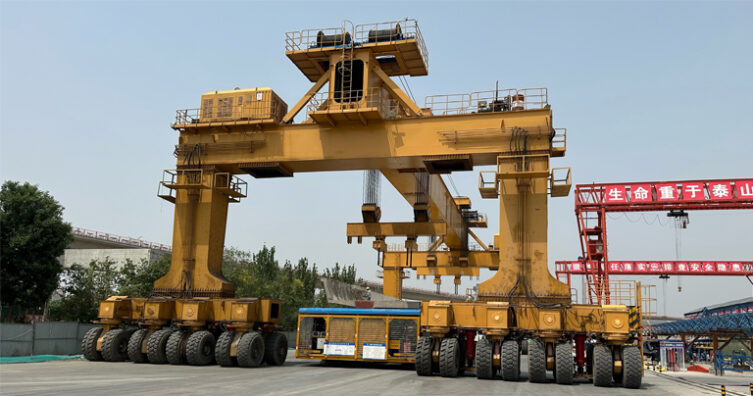
What are the key technological advancements in anti-collision devices for construction equipment?
Anti-collision systems are meticulously engineered to mitigate the risk of collisions between cranes and adjacent structures or buildings. These sophisticated systems exhibit unparalleled performance, maintaining their functionality even during power failures. They possess the innate capability to avert collisions autonomously and are subject to ongoing enhancements to ensure adaptability to specific operational conditions.
The demand for these cutting-edge anti-collision systems is on a consistent upward trajectory. They have become a regulatory requirement mandated by government authorities and acknowledged as indispensable tools by contractors in the construction industry. As multiple cranes on construction sites become commonplace, these systems play a pivotal role in safeguarding personnel and assets.
Could you shed some light on your GJJ equipment? What distinguishes it as a renowned global brand in the industry?
GJJ stands as an internationally recognised brand renowned for its global presence. In India, we proudly serve as the exclusive agent for their exceptional products, with an annual sales volume ranging from 100 to 120 units. While GJJ hails from China, its reputation for delivering superior quality and unwavering reliability extends globally. Notably, they offer a cost-effective alternative compared to their European counterparts, and their products are known for their remarkable longevity, consistently performing flawlessly for an impressive 20 to 25 years. We have ambitious plans to kickstart local manufacturing operations in India within the next six to eight months, focusing on producing vital components domestically.
Are there any plans for further collaborations similar to the one with GJJ equipment?
We have established a successful collaboration with HPR, China Railway Machinery Company Limited, a prominent infrastructure equipment manufacturer. In the current year, we proudly obtained an order from Samudra in Hyderabad for a game launcher destined for a project in Kollam, Kerala, further strengthening our enduring partnership.
Cookie Consent
We use cookies to personalize your experience. By continuing to visit this website you agree to our Terms & Conditions, Privacy Policy and Cookie Policy.



